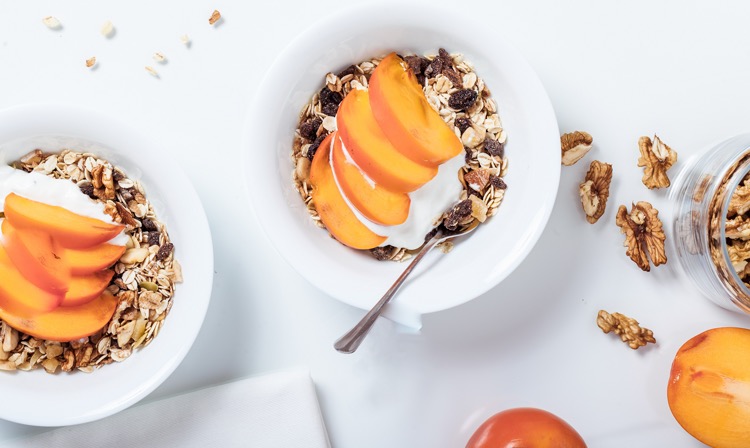
Gut health is important because it plays a crucial role in many aspects of overall health and well-being. The gut is home to a diverse community of microorganisms, known as the gut microbiome, which helps to digest food, absorb nutrients, and regulate the immune system. A healthy gut microbiome can also help to prevent chronic diseases such as obesity, diabetes and inflammatory bowel disease.
Additionally, a healthy gut is linked to a healthy mind, as the gut and brain communicate through the gut-brain axis, which is a complex network of neural, hormonal and immune pathways. Maintaining a healthy gut can also improve mental health, and reduce symptoms of anxiety and depression.
How do you know you have a healthy or an unhealthy gut?
Signs of a healthy gut:
- Regular bowel movement
- No bloating
- Good digestion
- No abdominal pain
- Clear skin
- Good energy levels
- Mental clarity
- Balanced mood
- Good sleep quality
- Stable weight
- Strong immune system (Read up on immune boosters)
Some signs of unhealthy gut include:
- Bloating
- Constipation/diarrhea
- Abdominal pain
- Gas
- Food sensitivities/allergies
- Skin issues (acne, eczema)
- Fatigue
- Brain fog
- Mood swings
- Sleep problems
- Unexplained weight changes
- Weak immune system
One of the best ways to maintain a healthy gut is by incorporating gut-friendly foods into your diet. While this list isn’t exhaustive, you’re not expected to adopt every item on the list.
Some gut-friendly foods:
- Probiotic-rich foods such as yogurt, kefir, sauerkraut, kimchi, and miso.
- Fiber-rich foods such as fruits, vegetables, whole grains, and legumes.
- Prebiotic-rich foods such as onions, garlic, leeks, and asparagus.
- Fermented foods such as pickles, olives, and tempeh.
- Foods high in polyphenols such as berries, dark chocolate, and green tea.
- Healthy fats such as avocado, nuts, and seeds.
- Bone broth and collagen-rich foods can also help support gut health.
Ginger tea is known to aid digestion, which may help improve gut health. To make this at home, boil some fresh ginger and sip it as tea. Most African kitchens always have fresh ginger, as it’s a spice used in a lot of local dishes. Consider drinking ginger tea as part of your daily routine.






